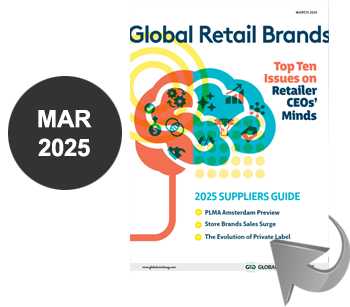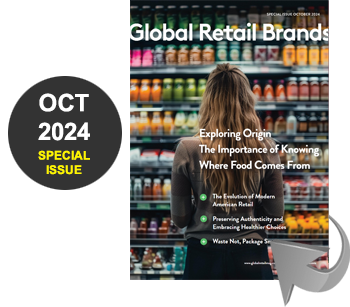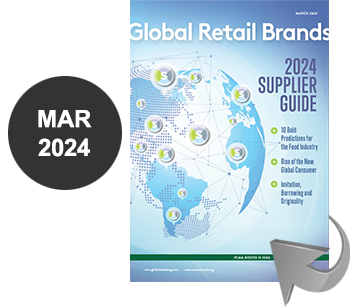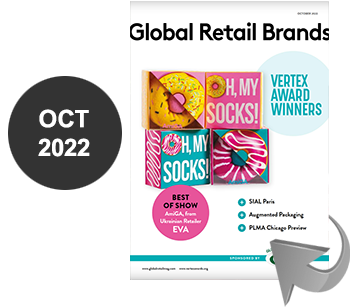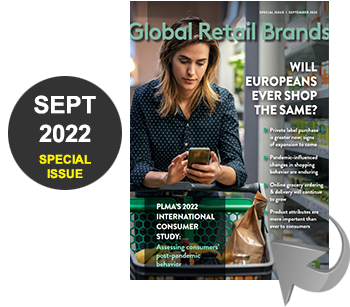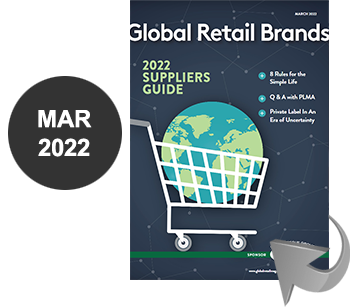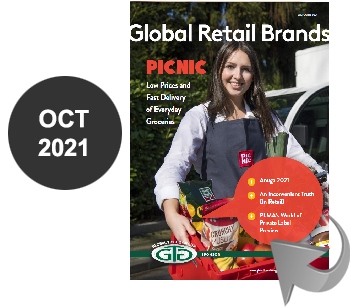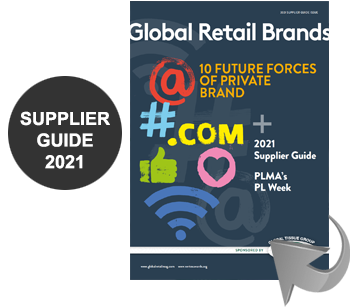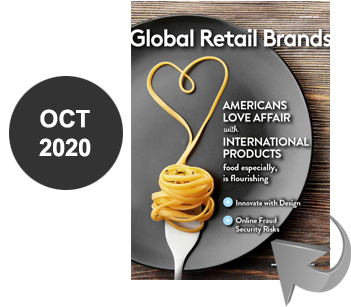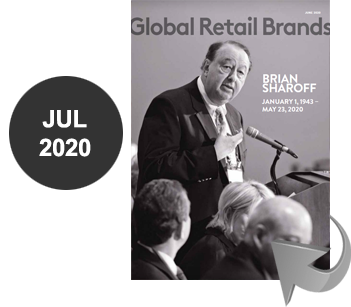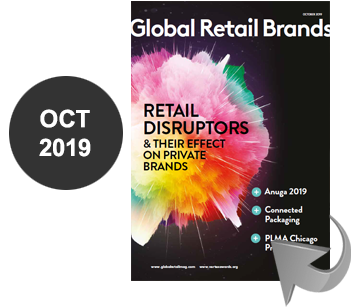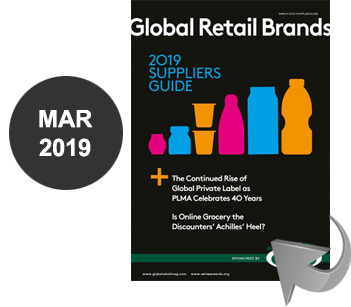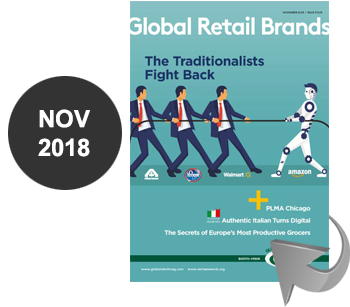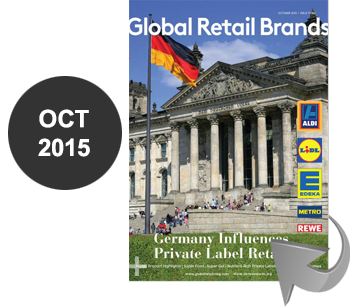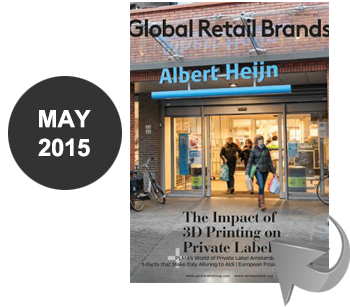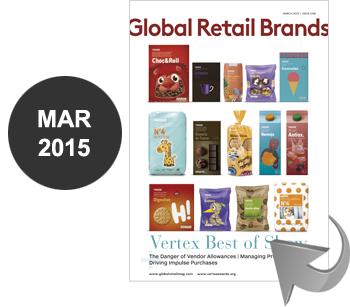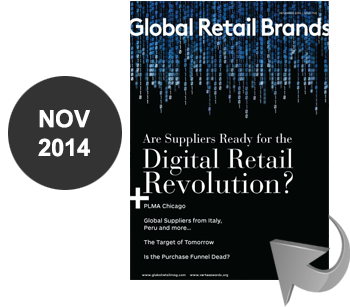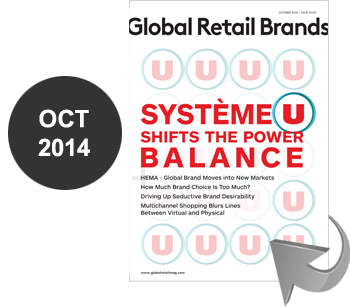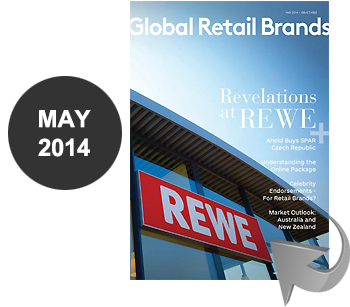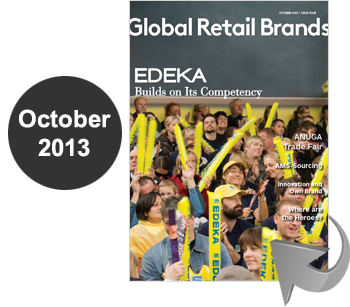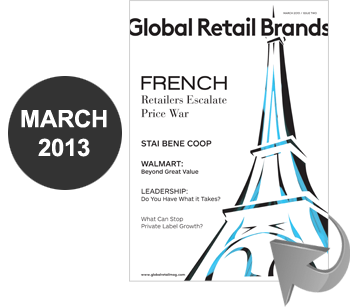
By Jesse Moen, Director, Continuous Improvement Practice, SGK
It’s extremely rare to meet a packaged-goods brand marketer who doesn’t admit, “I have too many rounds of revisions and it takes too long to get my packaging approved.” This is very harmful to brand performance: it reduces speed-to- market and sales and increases expenses across the board. And with new EU and impending U.S. regulations on labeling accuracy, this kind of inefficiency will be even more costly because it leads to mistakes.
Some companies accept packaging headaches. But some dig in and solve them. They start by looking at root causes. There are two, and they are as cultural as they are technical.
 The first one goes like this >>
The first one goes like this >>
“I have a new package coming (maybe a full redesign or just an ingredient change). And we have a deadline. I don’t have all of the data I need (something as critical as a nutrition statement or something discretionary, such as romance copy), but there’s so much pressure that we might as well just get started. Just go!”
It’s a fallacy that this pays off in the long run. It works every once in a while, but when a major brand is executing, say, 5,000 packaging changes a year, it’s not sustainable. Pretty soon you’re driving more rounds of revisions, and people are desperately seeking information that should have been there when production began. This costs money, and it’s how costly mistakes happen on shelf.
There’s a practical solution to this, but the change has to be cultural too. The company has to say; “We’re not going to do this anymore. We’re going to figure out what data we need at each stage-gate, and we’re not going to move forward until we get that data.” This is crucial. But it’s hard.
The second cultural issue >>
The second cultural issue is package data and how it’s handled; whether a brand manages its packaging in-house or uses vendors. The most efficient brands understand that package data is diverse and it’s coming from everywhere: nutrition facts, ingredients, net weight, barcode, logos and other art elements, romance copy, etc., can come from marketing, design, legal, packaging R&D, product R&D and more. Efficient brands standardize the way this data is gathered and stored. Whether they use carefully curated and protected spreadsheets or a more sophisticated digital database, every stakeholder contributes to a standardized, secure data platform.
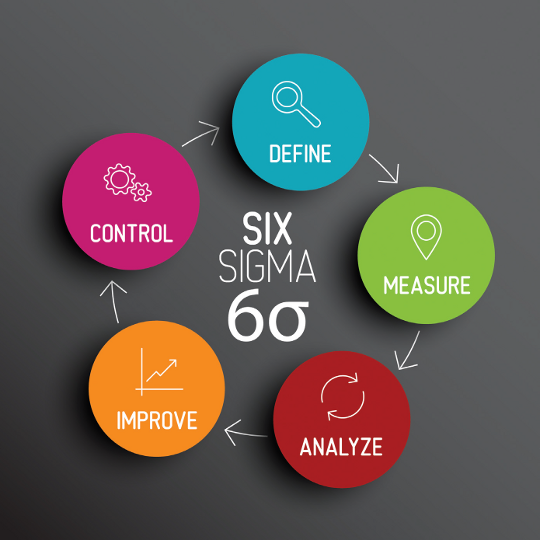
Current and impending packaging regulations make these improvements crucial. There’s less chance of error at each discrete stage, but there’s a holistic benefit too. If a major brand makes packaging changes to half its SKUs a year, that could total 5,000. EU and pending U.S. packaging regulations will involve every SKU – so let’s say 10,000 for a large brand. If the typical approval process involves 10 people, several rounds of changes and 10 minutes per approval, you’re talking thousands and thousands of hours spent (in a relatively short time) on something that’s not adding to your bottom line.
But what if the proposed U.S. regulations are significantly watered down in the coming year? Brands are free to hope for this, but their issues will remain. Yes, implementing data collection and management best practices is hard work. It might require new technology. And it will require cultural change, which is the hardest. But it’s hard work that pays off permanently. On the other hand, when 10 stakeholders are involved in a package process that starts too early, has too many revisions and still results in an error, that’s hard work with no payoff.
Jesse Moen brings 10+ years of expertise in brand development/deployment and in the practice of continuous improvement. He is the driving force behind the success of the SGK continuous improvement practice (cip) and has strategically led initiatives with CPGs and retailers such as camp-bell’s, Dial, Diamond Foods, General Mills, Logitech, Merck, proctor & Gamble, 3M, Safeway, and Titleist. Jesse earned a MA from the university of California, Berkeley and holds a Lean/six sigma Black Belt from the university of St. Thomas. www.sgkinc.com; Jesse.Moen@sgkinc.com





